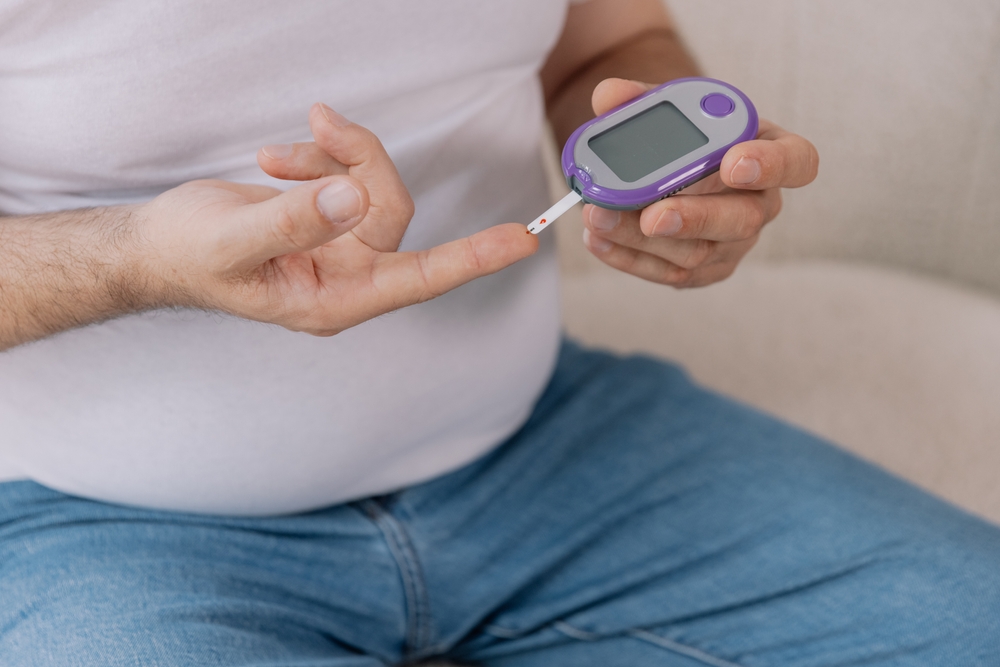The Best Practices for Protecting Your Vision if You Have Diabetes
Blog:The Best Practices for Protecting Your Vision if You Have Diabetes

The Best Practices for Protecting Your Vision if You Have Diabetes
Diabetes can significantly impact your eye health, making it crucial to adopt best practices to protect your vision. Elevated blood sugar levels associated with diabetes can damage the blood vessels in your eyes, potentially leading to conditions like diabetic retinopathy, cataracts, and glaucoma. However, with proactive care and a few lifestyle adjustments, you can maintain healthy vision and reduce the risk of complications.
Schedule Regular Diabetic Eye Exams
One of the most important steps you can take to protect your vision is to prioritize regular diabetic eye exams. These comprehensive eye exams allow your optometrist to detect early signs of diabetic eye disease, such as small changes in the blood vessels of your retina. Early detection is critical for managing conditions and preventing further damage. Annual eye exams are typically recommended for individuals with diabetes, but your optometrist may suggest more frequent visits depending on your specific health needs.
Keep Blood Sugar Levels Under Control
Managing your blood sugar levels is a cornerstone of diabetes care and essential for preserving your vision. Consistently high blood sugar can weaken and damage the small blood vessels in your eyes, increasing the risk of vision problems. Work closely with your healthcare team to maintain healthy blood sugar levels through medication, diet, and exercise.
Manage Blood Pressure and Cholesterol
High blood pressure and cholesterol levels can exacerbate the effects of diabetes on your eyes. Elevated blood pressure can strain the delicate blood vessels in your retina, while high cholesterol can contribute to blockages in these vessels. Monitoring and controlling these factors with a balanced diet, regular physical activity, and medication as prescribed by your doctor can help safeguard your vision.
Adopt a Diabetes-Friendly Diet
What you eat directly impacts your overall health and your vision. A diabetes-friendly diet rich in leafy greens, colorful vegetables, lean proteins, and whole grains can help you maintain stable blood sugar levels and support eye health. Foods high in omega-3 fatty acids, such as salmon, walnuts, and flaxseeds, are particularly beneficial for eye health.
Avoid Smoking and Limit Alcohol
Smoking can damage blood vessels throughout your body, including those in your eyes, while excessive alcohol consumption can interfere with blood sugar control. If you smoke, consider seeking resources to help you quit. Limiting alcohol intake can also help you maintain stable blood sugar levels and protect your eyes.
Protect Your Eyes from UV Rays
Prolonged exposure to ultraviolet (UV) rays can increase the risk of cataracts and other eye conditions. Protect your eyes by wearing sunglasses with 100% UV protection when outdoors, even on cloudy days. Adding this habit to your routine is an easy step toward better long-term eye health.
Take the Next Step for Your Eye Health
Living with diabetes requires consistent care and attention to maintain your overall health and preserve your vision. By scheduling regular diabetic eye exams, controlling your blood sugar levels, and making healthy lifestyle choices, you can significantly reduce your risk of vision problems associated with diabetes.
At Texas State Optical, we specialize in diabetic eye care and are committed to helping you protect your vision. Visit our office in Magnolia, Texas, or call (281) 946-2020 to schedule your diabetic eye exam today.


